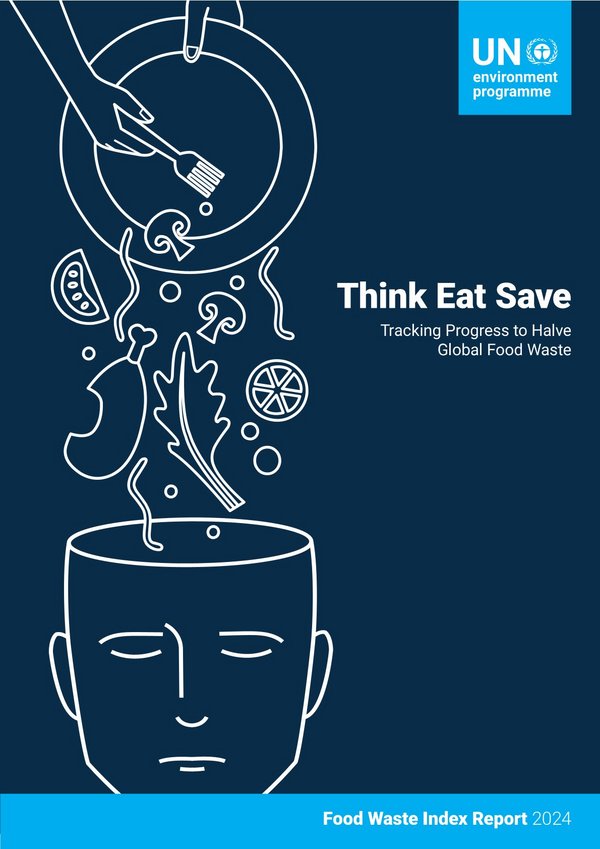 Read this article in French
Read this article in French- Share this article
- Subscribe to our newsletter
Food Waste Index Report 2024
The report, co-authored with WRAP (the Waste & Resources Programe), provides the most accurate global estimate on food waste at retail and consumer levels. It provides guidance for countries on improving data collection and suggests best practices in moving from measuring to reducing food waste.
In 2022, 1.05 billion tonnes of food waste was generated (including inedible parts), amounting to 132 kilograms per capita and almost one-fifth of all food available to consumers. Out of the total food wasted in 2022, 60 per cent happened at the household level, with food services responsible for 28 per cent and retail 12 per cent.
“Food waste is a global tragedy. Millions will go hungry today as food is wasted across the world,” said Inger Andersen, Executive Director of UNEP, the United Nations Environment Programme. “Not only is this a major development issue, but the impacts of such unnecessary waste are causing substantial costs to the climate and nature. The good news is we know if countries prioritise this issue, they can significantly reverse food loss and waste, reduce climate impacts and economic losses, and accelerate progress on global goals.”
Since 2021, there has been a strengthening of the data infrastructure, with more studies tracking food waste. Globally, the number of data points at the household level almost doubled. Nevertheless, many low- and middle-income countries continue to lack adequate systems for tracking progress to meet Sustainable Development Goal 12.3 of halving food waste by 2030, particularly in retail and food services.
(UNEP/pas)
More information:
Read more and download the report on the UNEP website
Download Rural 21 edition 2023/04 Focus: "Stemming food loss and waste





Add a comment
Be the First to Comment